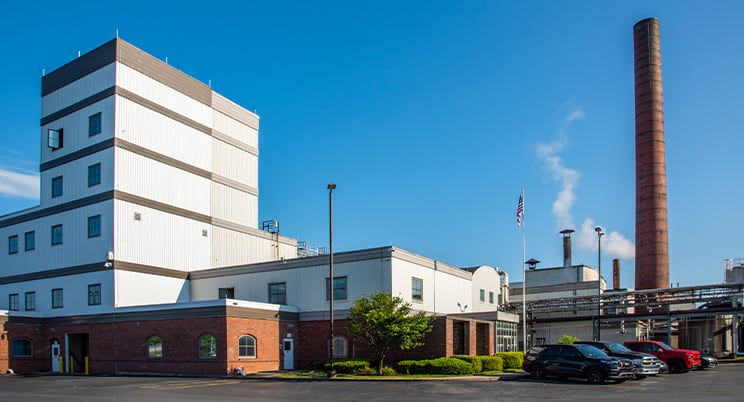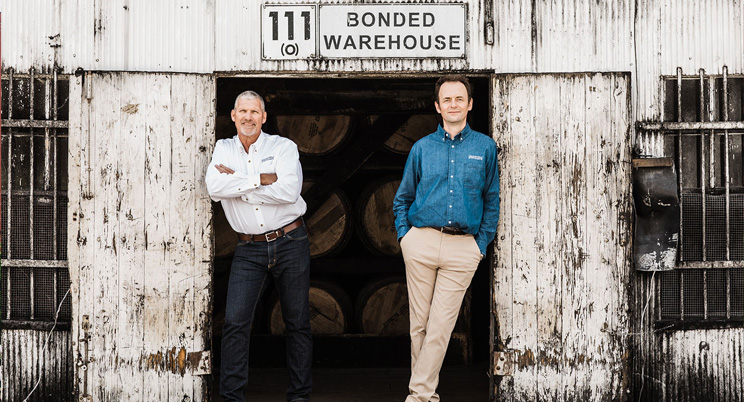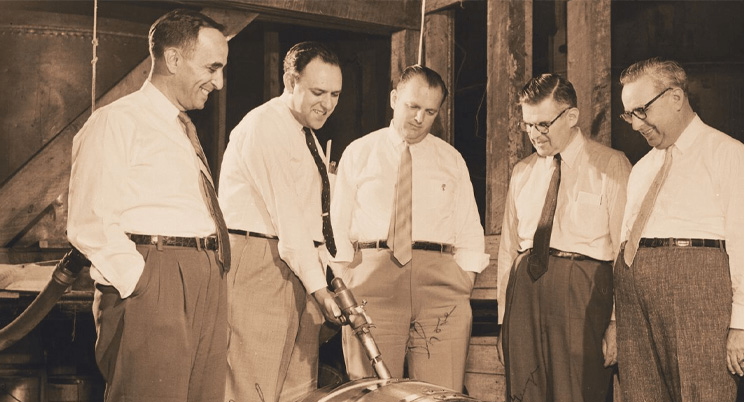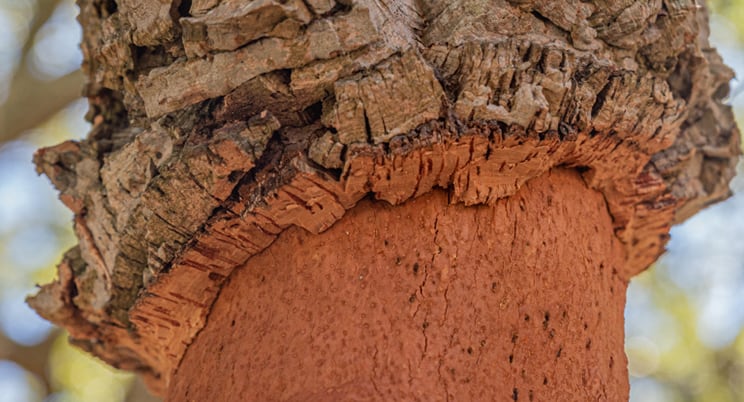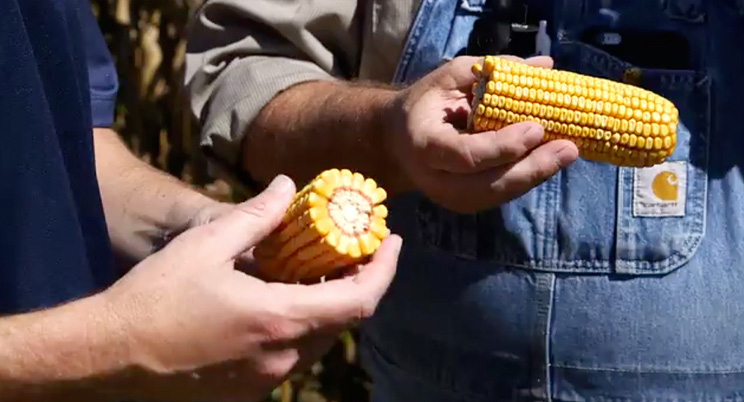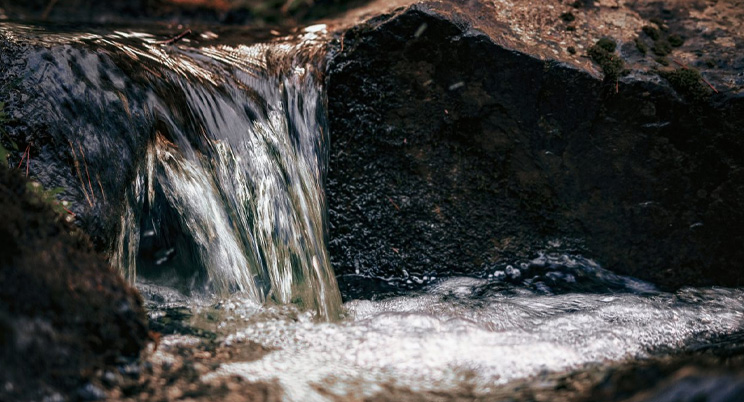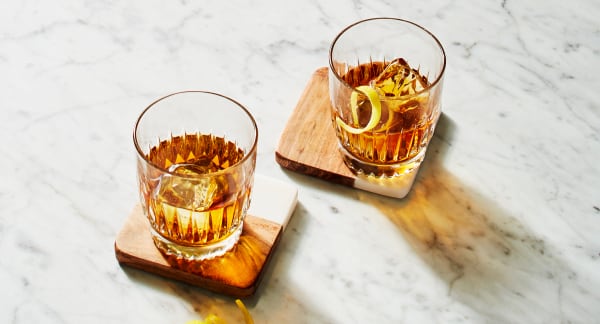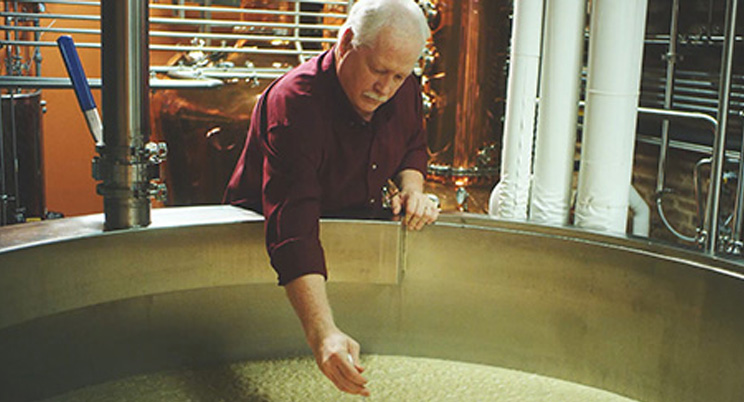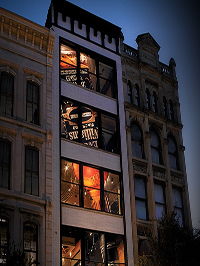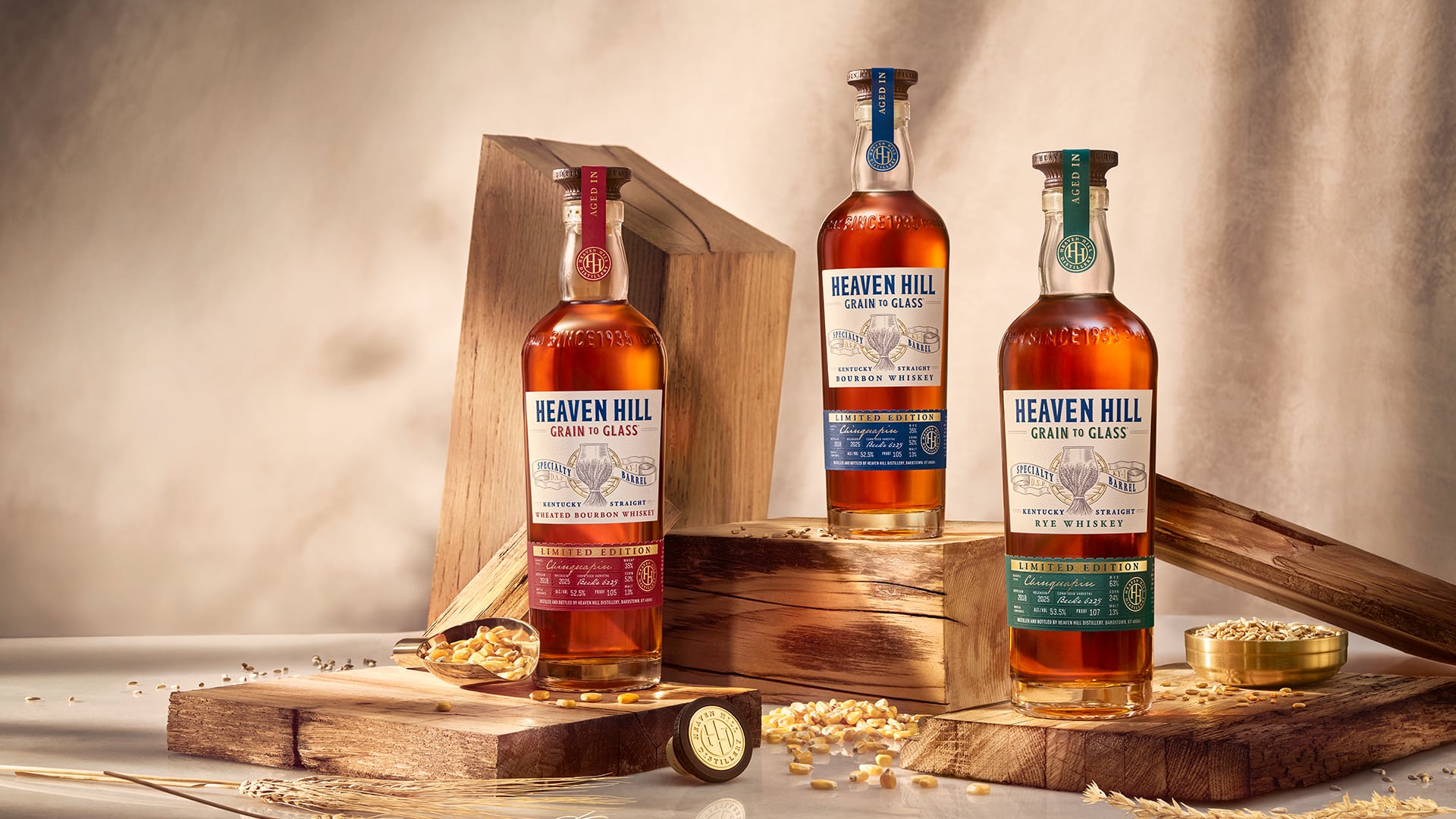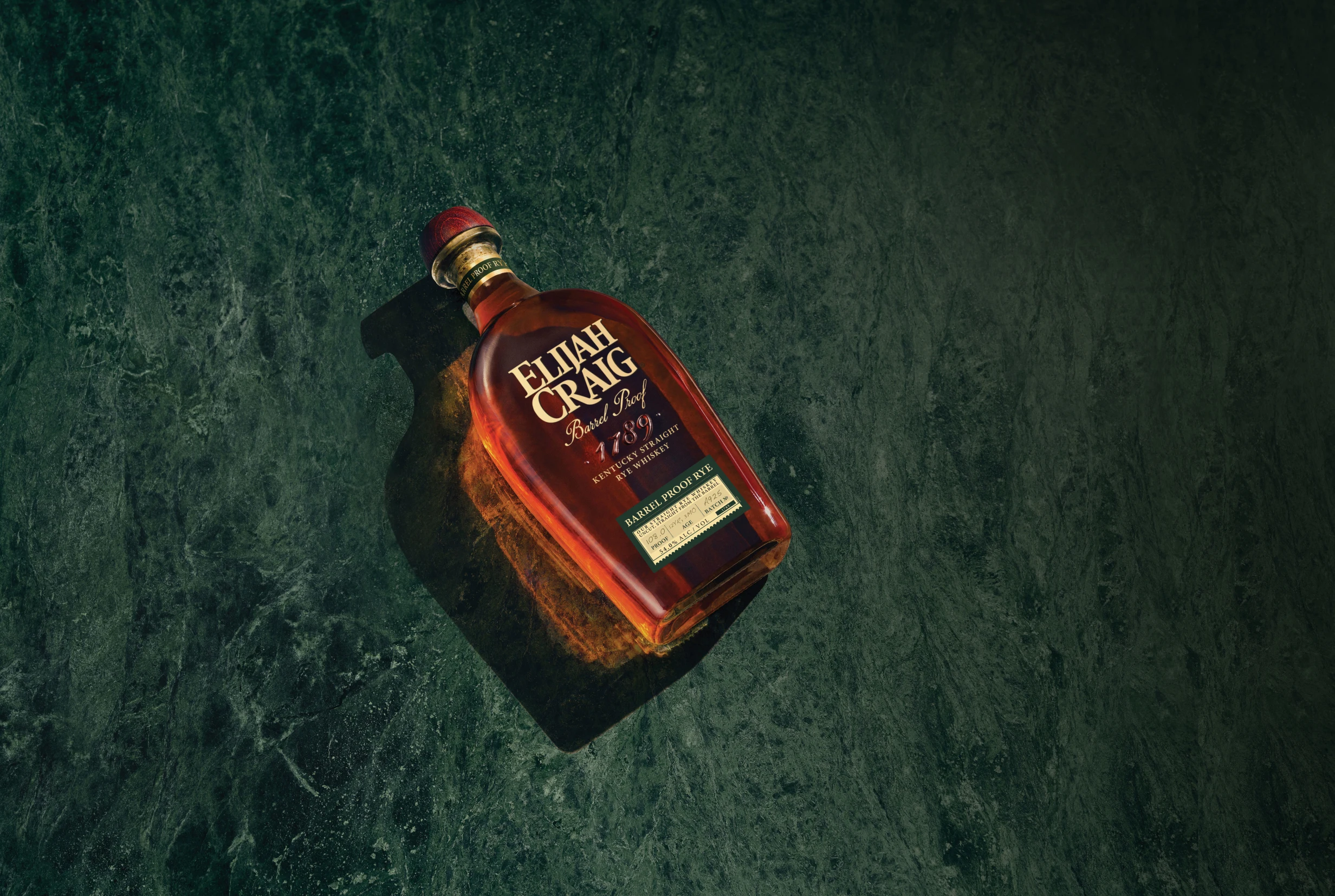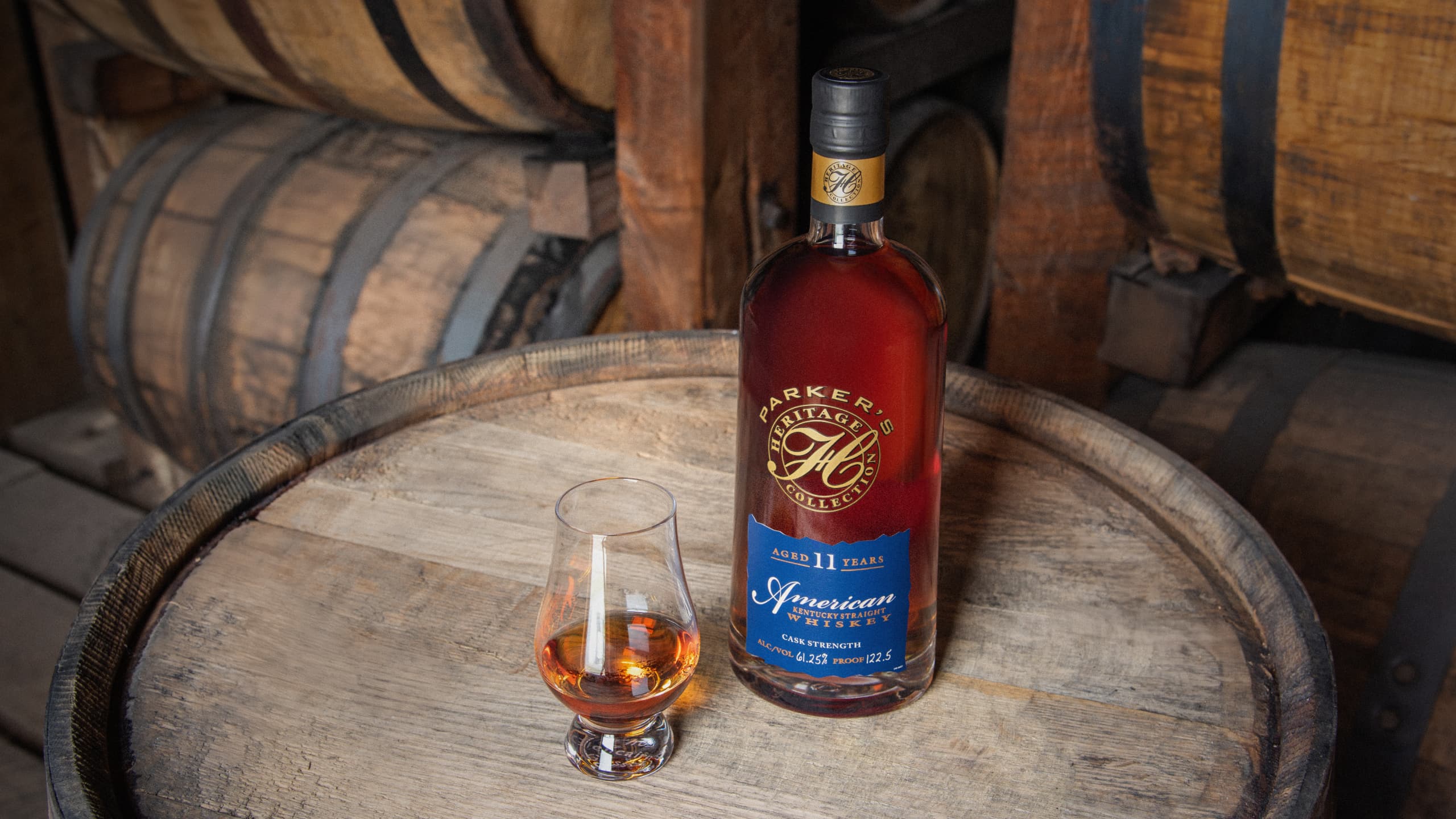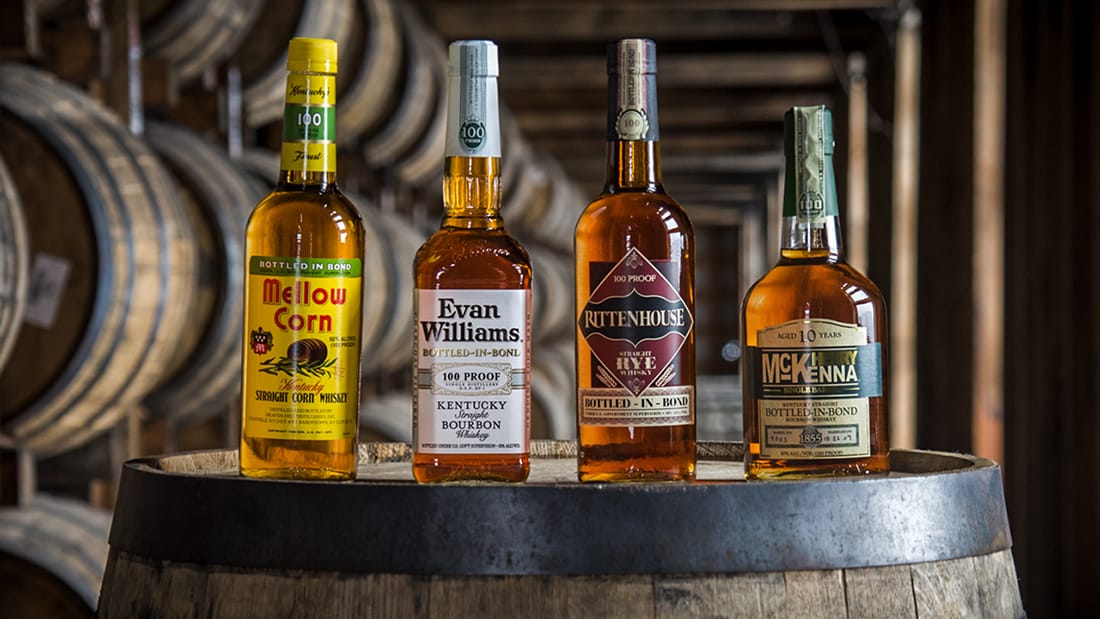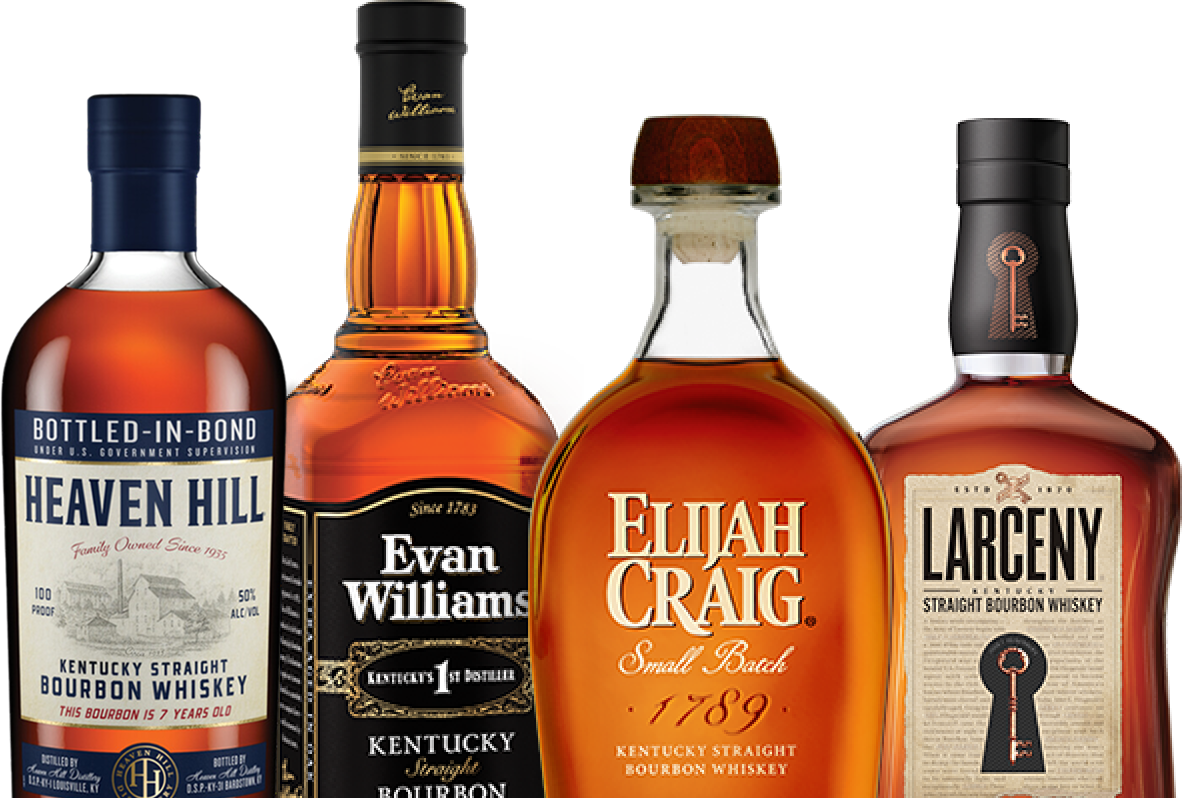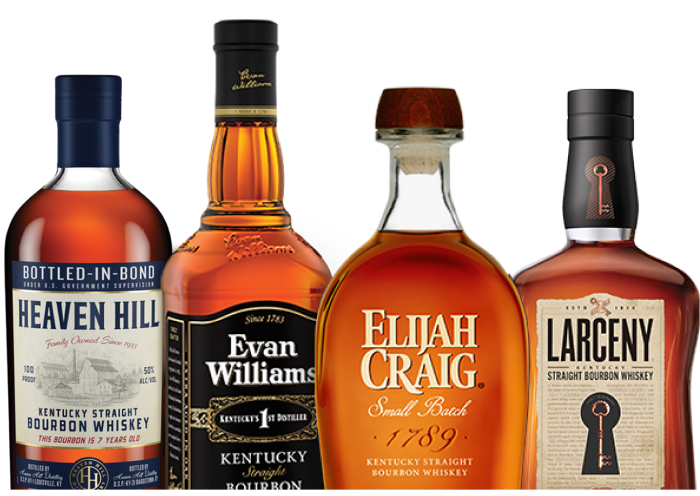Quick: Name one law you really like.
Can’t think of even one? Not surprising—unless you’re a fan of distilled spirits. We know one you’ll love if you don’t already: the Bottled-in-Bond Act of 1897. This legendary legislation is a statute, a standard and a story—all in one.
The Bottled-in-Bond Act was at its core a consumer protection law. Drinkers were fed up with spirits being altered with artificial colorings and flavorings to mimic good whiskey, and distilleries worried that altered spirits were hazardous to consumers’ health. These spirit “rectifiers” were also falsifying claims about their spirits’ age and provenance, further infuriating honest producers. Desperate to solve the problem, distillers sought legislators’ help for a solution.
The two groups collaborated to craft a law that made great strides toward curbing the long-running malfeasance. The resulting Bottled-in-Bond Act sought to protect spirits that were …
- The product of one distillery, by one distiller and in one distilling season (January – June; July-December)
- Aged no less than four years in new, charred oak containers stored within a U.S. government bonded warehouse
- Bottled at exactly 100 proof
- Labeled clearly with the name of the distillery that made it
For consumers, the Bottled-in-Bond designation implied quality, safety, and assurance that the whiskey was aged suitably. In an era when food and drink manufacturing laws weren’t well established, claiming such purity was a powerful marketing tool and a point of pride, says Bernie Lubbers, Global Whiskey Ambassador for Heaven Hill Distillery.
“It also meant your distillery was taken seriously,” Lubbers says. “It promised consumers they were getting the good whiskey they were paying for. People wanted and appreciated that.”
They especially wanted it after Prohibition dried up legal whiskey making and selling for 14 years. During that awful stretch, a black market for illegal and commonly manipulated whiskeys reemerged to fill the void. Consuming some of them was often dangerous.
When Prohibition ended in 1933, many whiskey makers resumed making or created whiskeys that were Bottled-in-Bond to regain consumer trust quickly. It also created a competitive advantage against Canadian distilling powerhouses like Seagram’s and Hiram Walker, which didn’t have bonded whiskies. What Canadian distilleries did have was ample inventory to flood the largely dry American Whiskey market while American distilleries, battling the after-effects of Prohibition, played catch up.
“Competing against those guys after Prohibition was like getting into business against Amazon today,” Lubbers says. “They had to have something to differentiate themselves from Canadian whisky and Scotch producers, so smaller distillers made straight whiskeys and Bottled-in-Bonds.”
When the Shapira family launched Heaven Hill Distillery in 1935, consumer approval was top of mind, says Max Shapira, its president. Though it made multiple whiskeys, a Bottled-in-Bond Bourbon was atop the must-make list.
“When you put it on the label, it was like the Good Housekeeping seal of approval,” says Shapira, whose father and four uncles started the Bardstown, KY distillery. Heaven Hill Bottled-in-Bond Bourbon was released in 1939 and quickly became the state’s top-selling Bourbon. “The public knew immediately it was produced under exacting standards, that the government had to inspect that the whiskey was going to be good, and that the whiskey was going to be of sound quality.”
The BIB Tax Break
For their efforts to produce safe, high-quality spirits, the government rewarded distillers a significant tax break on Bottled-in-Bond spirits. Normally, an excise tax was levied on spirits as soon as they were made. But if they were bonded, the excise tax was delayed during aging and then applied at bottling. The result was great savings for distillers.
“Nobody complained about that break, I’m sure,” Lubbers says. “Distillers aren’t used to getting tax relief, so that helped.”
So, given the tax implications, why haven’t more distillers ramped up their Bottled-in-Bond programs? The answer is multilayered:
- Bottled-in-Bond seasonal restrictions (January –June or July–December) disallowed the mingling of one season with whiskey made in any other season. “The seasonality alone keeps a Bottled-in-Bond whiskey brands fairly small,” Lubbers says. “The distillery would have to have huge capacity to produce enough whiskey at one site in a six-month season to become a big brand.”
- Once designated bonded, a whiskey must remain “in bond” for at least four years to defer excise taxes.
- Aging stocks for four years is costly for new distilleries whose start-up cash might be limited. The release of new make or Straight (2-year-old) whiskey at start-ups is often necessary to generate funds.
“It’s cool seeing some craft distilleries releasing Bottled-in-Bond whiskey these days,” Lubbers says. “But waiting four years takes a big investment, a lot of patience and a lot of space to store those bonded barrels. It’s easy to understand why those releases are usually pretty small.”
Some of Heaven Hill’s Bottled-in-Bond portfolio are historic brands, acquired and preserved by the distillery over its 80+ year history. A selection of them remain regional labels, available in certain parts of the U.S., where they originated. During his long career with Heaven Hill, Lubbers has spent a lot of time explaining to fans why not all of Heaven Hill’s extensive line of Bottled-in-Bond whiskeys aren’t widely available across the country.
“That these unique whiskeys aren’t always easy to come by is part of what makes them special.”
BIB Proof Means Flavorful Cocktails
Heaven Hill’s Rittenhouse Bottled-in-Bond Straight Rye Whisky is widely credited for helping revive America’s love of whiskey cocktails. Thanks to its proof and vibrant rye spice notes, this bold and aromatic spirit caught the attention of bartenders, and they began bringing back classic cocktails like the Sazerac, the Manhattan, and the Old Fashioned more than two decades ago. The latter two cocktails became natural places for bartenders to use Heaven Hill’s other Bottled-in-Bond Bourbons like Evan Williams. Clever bartenders have also figured out ways to work in Mellow Corn, a Bottled-in-Bond corn whiskey.
“Proof is key in good cocktails because the spirit doesn’t dilute as quickly with shaking or stirring,” Lubbers says. “A lot of bartenders I talk to call 100 proof ‘the sweet spot’—not at all weak, but not too strong either. Try to do the same thing with 80 or 86 proof and the spirit will disappear.”
Bottled-in-Bond: Still Relevant Today
In the early decades of Bottled-in-Bond production, a federal employee monitored the process, and kept an office at any distillery storing bonded whiskey, as well as the keys to the Bonded rickhouse. No one got to that whiskey without a guard’s permission or oversight.
Today, however, with modernized inventory management and barrel tracking, on-premise guards are no longer needed, and all rickhouses are considered bonded. Tainted or altered whiskey is no longer a concern, so consumers are confident they’re getting consistent, high-quality products.
Given these changes, is claiming that a spirit is Bottled-In-Bond relevant to consumers? And given the abundance of long-aged whiskey in America, is a four-year statement still significant? To both questions, Lubbers answers with an emphatic, “Yes.”
“More than ever, spirits fans want and demand transparency,” Lubbers begins. “If a distillery claims a whiskey is Bottled-in-Bond, then that label has to show where it was made and bottled.”
He also says the value proposition of BIBs remains strong with prices averaging from $15 to $40; costs that make them comparably more valuable than pricey limited releases.
“When younger consumers say to me, ‘I’ve never seen Mellow Corn Bottled-In-Bond, JTS Brown Bottled-in-Bond or Heaven Hill Bottled-in-Bond,’ I tell them they’re too busy looking for the gold dust—the Parker’s, the expensive barrel proofs, and other extremely limited releases,” he says. “I tell them it’s OK to grab the gold dust, but don’t forget to grab the brick of gold down below—the whiskey you couldn’t see when you were looking up at the gold dust.”
If they’re still not convinced, Lubbers helps them imagine a liquor store challenge in which each has $100 to buy the best whiskeys possible.
“When we’re finished, my cart will look much different from their cart, because I’ll have a lot more whiskey than they have,” Lubbers begins. “They’re going to get a $70 bottle of young craft whiskey from a trendy distillery and then a bottle of something for $30. I, on the other hand, am going to have six Bottled-in-Bond whiskeys.
“That helps them see the value when they realize how much money is coming out of their pockets, and it shows which bottles are truly the gold bricks. I call them the ‘Green Berets’ of whiskey.”
